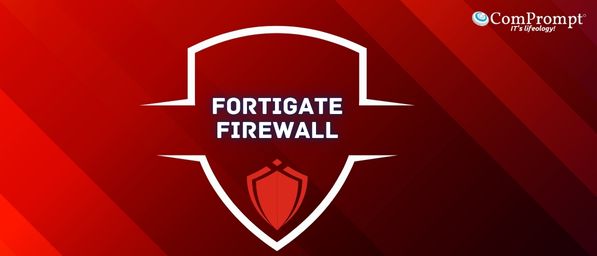Fortigate Firewall
FortiGate NGFW comes with the widest selection on the market to meet your needs in the data center, enterprise campus, small, and branch office. All of our hardware appliances are ISO 27001 certified giving you assurance they are designed to meet the most demanding threat protection performance and energy efficiency requirements to ensure FortiGate can fit seamlessly into any environment.
Key Features of FortiGate Firewall
AI-Powered Security
AI-centric treat intelligence offers timely protection, proactive defense, and streamlined operations
Simplified Operations
Unified management reduces network complexity and automates security posture across all edges
Better User Experience
Integrated SD-WAN enables simplified orchestration and secure interconnection among offices
Optimal Energy Efficiency
Patented ASICs help create sustainable, scalable networks with faster security processing
Secure Access from Anywhere
Built-in ZTNA capabilities enforce secure access for users anywhere to applications and infrastructure
Lower TCO Across Use Cases
Flexible and rich portfolio with Wi-Fi, LTE, PoE, DSL, bypass, ruggedized models for any requirement
High – End(Data Center) Model







